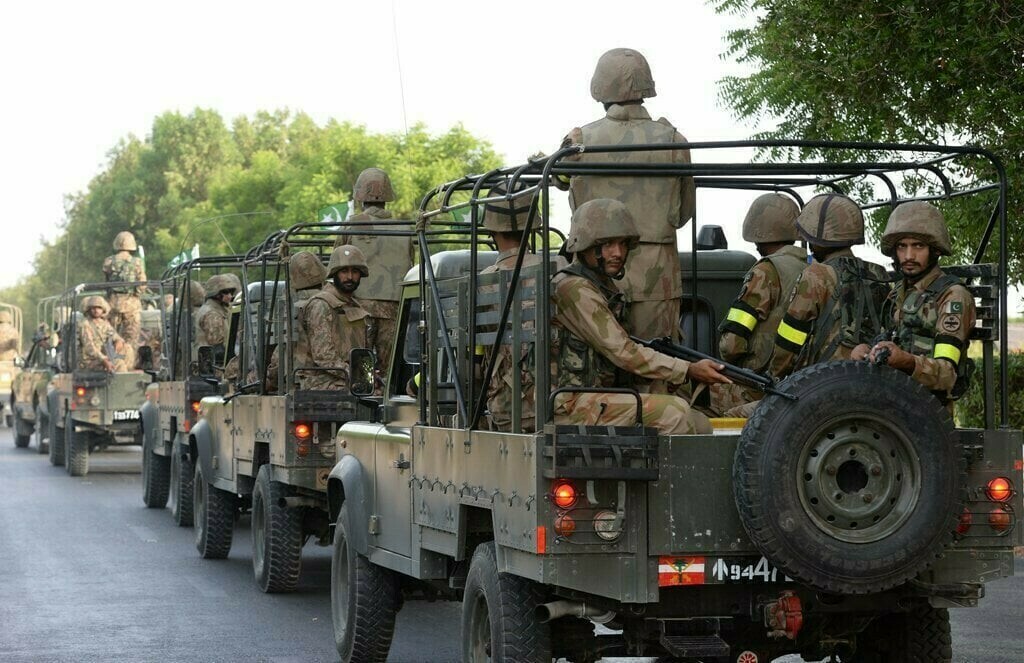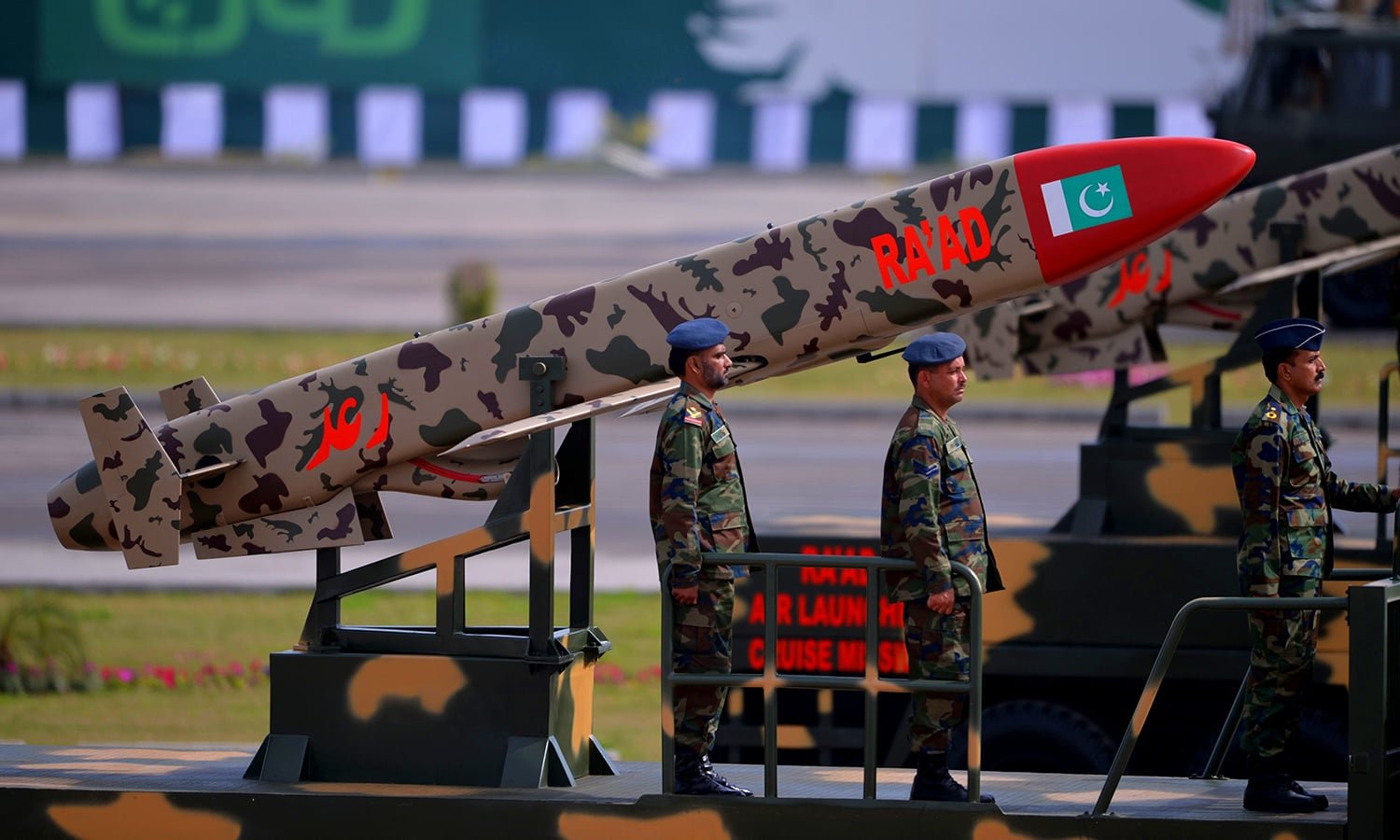Pakistan has extended an offer to the Afghan interim government for joint action against terrorist outfits destabilizing both countries. This proposal came during a high-stakes visit to Kabul on Sunday by Pakistan’s Interior Minister Mohsin Naqvi, who met senior Taliban leadership, including Afghanistan’s Acting Interior Minister, Sirajuddin Haqqani.
Naqvi’s visit marks another step in a broader diplomatic push by Islamabad to mend strained ties with Kabul and address the persistent threat of cross-border terrorism, particularly from the banned Tehreek-e-Taliban Pakistan (TTP) and other anti-Pakistan groups believed to be operating from Afghan soil.
Mohsin Naqvi was accompanied by Ambassador Muhammad Sadiq Khan, Pakistan’s special representative for Afghanistan, and Interior Secretary Khurram Agha. The delegation’s discussions with Taliban authorities were part of Pakistan’s strategic recalibration aimed at stabilizing relations and confronting shared security threats.
This was the second major visit by a senior Pakistani minister in recent days, following Foreign Minister Ishaq Dar’s trip to Kabul, which helped lay the groundwork for deeper engagement between the two neighbouring states.
According to official sources, the main focus of Naqvi’s meeting with Sirajuddin Haqqani was the alarming presence of the TTP and other anti-Pakistan militant groups in Afghanistan. The Pakistani interior minister emphasized the urgent need to counter these groups that are orchestrating attacks across the border and undermining regional peace.
“Terrorist organisations are causing unrest and instability; we must jointly stop them,” Naqvi was quoted as saying in a statement released by Pakistan’s Interior Ministry. The discussions were framed within the context of mutual security, and both sides acknowledged that peace and stability in one country directly impacts the other.
The banned TTP has intensified attacks on Pakistani security forces in recent months, particularly in Khyber Pakhtunkhwa and Balochistan. Islamabad believes these operations are being directed from safe havens inside Afghanistan — a claim consistently denied by the Taliban regime, though informal discussions suggest some action is underway behind the scenes.
Beyond counterterrorism, the dialogue also covered a wide array of crucial issues including:
Effective border management between Pakistan and Afghanistan
Combating drug trafficking across the porous border
Regulating cross-border movement to prevent illegal infiltration
The repatriation of undocumented Afghan refugees residing in Pakistan
Both ministers agreed that peaceful coexistence, stability, and cooperation are essential for the prosperity of both nations. They committed to improving coordination at border crossings, enhancing intelligence sharing, and ensuring lawful movement across the Durand Line.
Another sensitive issue addressed during the talks was the status of Afghan refugees living illegally in Pakistan. Pakistan has hosted millions of Afghans for decades and continues to accommodate many despite growing security and economic challenges.
Naqvi reiterated Pakistan’s commitment to humanitarian values, stating:
“Pakistan desires fraternal and long-lasting relations with Afghanistan. For decades, Pakistan has hosted millions of Afghan refugees selflessly, and the doors remain open for Afghan citizens to enter Pakistan legally.”
While the Taliban government has not officially acknowledged the TTP’s presence on its territory, sources familiar with the discussions indicate that the Afghan side showed willingness to address Pakistani concerns. In recent months, Kabul reportedly launched crackdowns on certain Afghan nationals suspected of joining or supporting the TTP, which has helped build a degree of trust between the two countries.
Diplomatic insiders believe that although the Taliban has taken preliminary steps to contain the TTP, much more is needed to dismantle their operational capabilities and infrastructure.
Following these back-to-back visits from senior Pakistani officials, the two countries are expected to maintain momentum through continued high-level exchanges. Notably, Afghan Interim Foreign Minister Amir Khan Muttaqi is expected to visit Islamabad in the near future.
This upcoming visit could be crucial in reinforcing commitments made during Naqvi and Dar’s trips, especially as the region faces increasing threats from militant networks seeking to exploit governance gaps.
The relationship between Islamabad and Kabul has been fragile, often defined by mutual suspicion and accusations of harboring militants. However, recent overtures suggest a shared realization: that sustained peace and development in the region require cooperation, not confrontation.
Pakistan’s proposal to engage in joint counterterrorism operations, better border control, and refugee management reflects a strategic shift—one aimed at recalibrating trust and addressing the root causes of instability.




